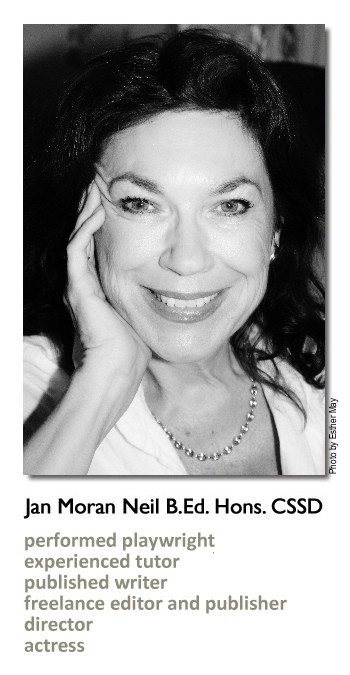‘Making Observations …’ by Ms Paige Turner
As we all well know, a writer and performer’s job is to make observations of human nature and then reproduce and communicate them to a reading and viewing audience.
So when I saw a couple of dear school friends I had known since I was ten years old and one of them went to write something: not signing the bill as times have moved on with a swipe, I said, ‘I have never noticed you are left-handed.’
The other of our sweet three said, ‘Have you never noticed that, Jan?’
I said, ‘No. And for someone who is supposed to be a writer and performer, I am sadly lacking in observational qualities’.
And so it was, that when attending an online ‘Memory and Imagination …’ Master Class led by my two Cambridge supervisors: Sarah Burton and Jen Poster – sixty attendees no less – I heard the latter say, ‘Writers don’t observe more than other folk, they just use the observations they make’.
Maybe I didn’t need to use my friend’s left-handedness and maybe the universe will always give you the answer if you think hard enough.
When This is All Over …’ a pandemic anthology/Creative Ink
https://amzn.to/3xi8iay
My novel ‘Shakespeare’s Clock’.
https://www.waterstones.com/book/shakespeares-clock/jan-moran-neil/9781912964635
https://www.cranthorpemillner.com/product/jan-moran-neil-shakespeares-clock/
https://www.foyles.co.uk/witem/fiction-poetry/shakespeares-clock,jan-moran-neil-9781912964635
Making Observations …
08/02/2023 // by Jan Moran Neil
